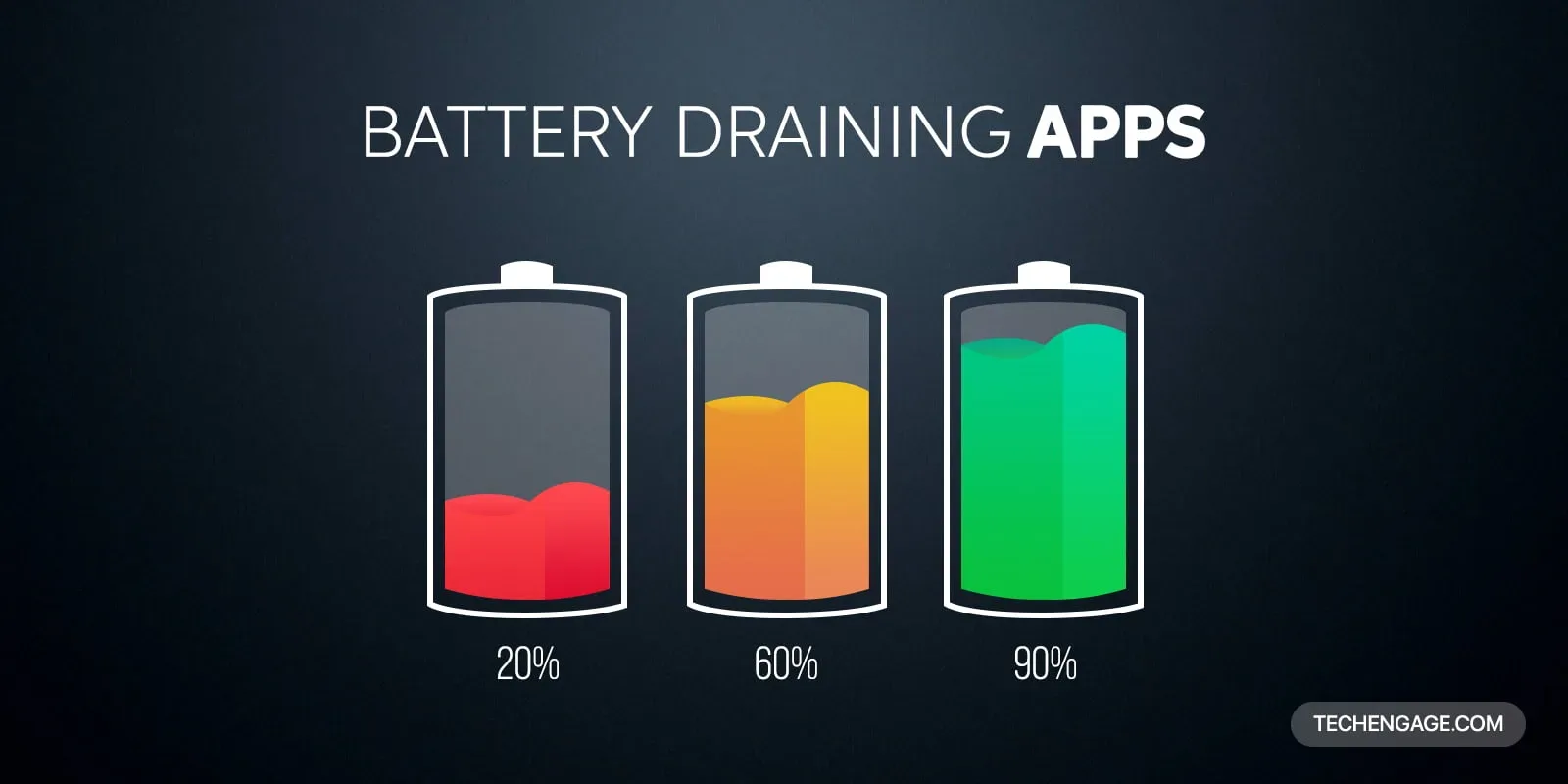From fully automated warehouses to the package delivery through drones, China’s second largest online retailer is gearing up for some cutting-edge technology.
JD.com, one of Alibaba’s competitor, has invested huge amounts in intelligence and automation.
Richard Liu, Chairman, and CEO of JD.com expressed his inclination towards the growth of the company by incorporating technology in a press release.
“As China’s most trusted e-commerce platform, JD continues to win over quality-focused customers. Providing them with a premium shopping experience and an unrivaled level of service, no matter where they choose to shop. We are also seeing more corporate clients, both Chinese and international, leveraging JD’s superior technology and retail infrastructure to help take their businesses to the next level. We will continue to prioritize technology innovation to empower our partners with enhanced capabilities and improved efficiency, helping us to realize our ‘Retail as a Service’ strategy, and driving our next phase of growth.”
The company undoubtedly has opted a little costly business model as compared to its competitor, Alibaba. Alibaba enjoys a platform approach, where vendors are connected to the customers. Alibaba gets a large share of its revenue from strong advertising. Whereas, JD uses a model that delivers goods directly to the customers from warehouses.
Trends show that JD always showed an inclination towards long-term investment with focused targets. JD also partnered with ‘Tencent’ to get some edge from the We Chat messenger. We chat was built in partnership with Tencent, where e-store links from Alibaba are explicitly blocked.
Also, JD made a strategic partnership with Google. Google invested around $550 to help JD grab more customers using Google’s customer reach and data marketing. Google’s motive behind this interesting partnership was to “collaborate on a range of strategic initiatives, including joint development of retail solutions”. Moreover, JD also partnered with Walmart in 2016. The aim of this partnership was to bring about a progressive change in inventory integration, customer integration, and store platform integration.
As JD begins to grow through a strategic investment in technology, it is well aware of the responsibilities that it has. It is clear about its priorities when it comes to data sharing or data protection. Expressing his concerns in this matter, Zhang the CTO says,
“Every company protects its data like [there will be] none tomorrow, even with strategic partners. Data sharing is a very serious business”.
We wish to see JD flourish with all the technological advancements it is making. What do you think?



